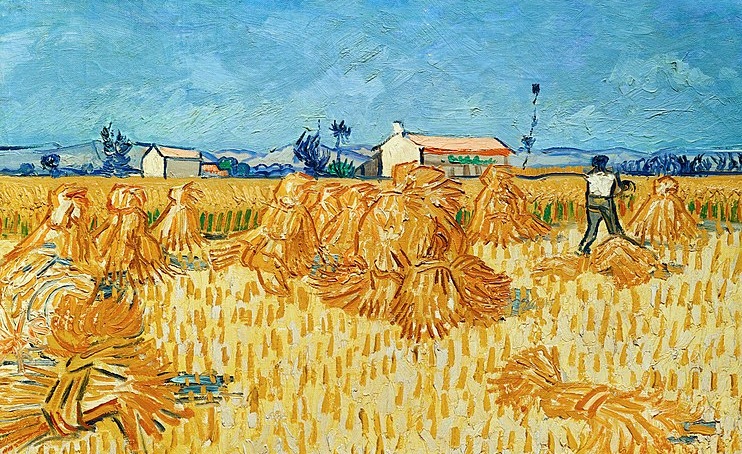Farming is becoming a hot topic in the most powerful rooms in Brussels. But unlike those working in agriculture, EU politicians are oblivious to temperature change. The complexities of agriculture merit more attention from European politicians than what it currently gets.
In Europe more people live in cities, towns or suburbs than rural areas. This is not surprising, as it tallies with the trend worldwide. What is surprising is that the urbanized population in their comfortable homes, enjoying their high-speed internet, chose in their millions to tune into Clarkson’s Farm, a TV show about farming, propelling it to global fame. Clarkson’s Farm, broadcast by Amazon’s Prime Video, shows millions how difficult a farmer’s life is. Unpredictable weather conditions, costs which lurch up or down almost at random, and often a very narrow profit margin for a lot of hard work. Although the entertaining show is set in the UK, farmers on the continent are not any better off.
The yoke of ever-growing regulations, exacerbated by the populist European Green Deal, are suffocating farmers, who in turn took to the streets all over Europe to demand respite in mass protests. Seemingly, the EU caved in. It rushed to meet the protestors’ demands before the European Parliamentary elections. Yet despite cutting back on red tape, the decision-makers also relented on paternalistic demands of farmers, such as a cap on duty-free agricultural imports from Ukraine.
The EU has an apparent love-hate relationship with agriculture. The sector contributed to 1.3% of the EU’s GDP in 2023, and received around a third of the EU budget. About 4.2% of the EU’s workforce is employed by the agricultural sector, yet due to the seasonal nature of farming, it employs twice as many, when part-time workers are included.
High levels of agricultural subsidies are explained away by the political class by the susceptibility of agriculture to the weather, making not only the livelihood of the workforce vulnerable, but endangering food production. Currently, the EU is enjoying a trade surplus in agricultural sectors and has achieved self-reliance in several critical productions. But relying on subsidies and protectionist measures will only keep agriculture in a vulnerable position while hiking food prices.
It was a quick and populist answer to the farmer’s protests to agree to easing on regulations and granting protections from imports. But in the long term, it is not the answer. Regulations should not only be postponed, but permanently eased. GMO crops should be allowed, as a way to combat climate change, instead of drowning them in more regulation. That would also help alleviate the need for the current amount of subsidies. Instead of protectionism, farmers should rely on competition, innovation, and demand. That way, consumers could enjoy cheaper and better-quality food, too.
It is a complex and important issue. Farmers are protesting and the EU is throwing money at the problem, but it seems both sides forget about the consumers: the citizens of the European Union. The recently elected European Parliament’s AGRI committee, responsible for agriculture, elects a new chair on July 23rd. Let us hope politicians will respond appropriately to the highest turnout in a European Parliamentary election in 20 years and will propose and pass bills which let farmers put cheap and quality food on our tables. Politicians, after all, will reap what they sow.



